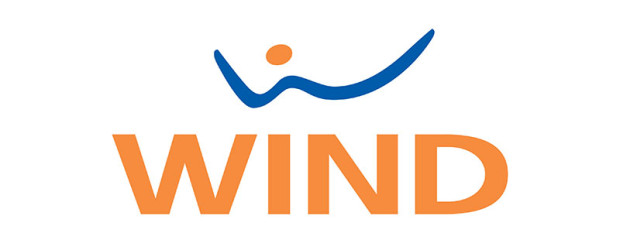
A day before the start of Canada’s 700MHz spectrum auction, WIND Mobile announced that it had withdrawn from the auction, making it the fifth to bow out. The move was precipitated by parent company VimpelCom’s decision not to fund potential purchases by WIND Mobile. With the decision coming only hours before the start of the auction, WIND Mobile was unable to secure alternate sources of funding and had no choice but to pull out.
VimpelCom spokesman Bobby Leach provided the following statement to The Globe and Mail: “We decided that we were not going to sponsor or fund Wind Canada’s participation in the 700-MHz spectrum auction at this time as we remain in discussions with the shareholder with majority voting rights and the government to craft a path forward to develop Wind Canada as a strong fourth player in Canada. We hope to have an opportunity in the future to perhaps re-apply and bid on spectrum, should the government decide to reopen another 700-MHz spectrum bid process.”
WIND Mobile’s withdrawal from the auction means that none of Canada’s newest carriers will participate in Canada’s 700MHz spectrum auction. Both Mobilicity and Public Mobile are already sitting on the sidelines with the former looking for a buyer and the latter having been acquired by TELUS.
The move is a serious setback for the Canadian government. Not only will a shorter list of bidders potentially reduce the revenues generated by the auction but its hopes to foster the establishment of a fourth national carrier now appear to be in tathers as well. With its 675,000 customers, WIND Mobile was viewed by many as the strongest candidate to become that fourth national carrier meant to increase competition in the market and drive costs down. Without sufficient spectrum to deploy an LTE network, WIND Mobile will now find it even more difficult to compete against the incumbent carriers.
For its part, it’s “business as usual at Wind,” tweeted CEO Tony Lacavera after the news broke:
It is business as usual at Wind – we do need more spectrum so I am not happy we had to withdraw from 700 but onwards and upwards for here!
— Tony Lacavera (@TonyLacavera) January 13, 2014
Auction rules will only allow the Big Three carriers (Bell, Rogers and TELUS) to bid on one of four prime blocks of spectrum in each of 14 geographic areas. Smaller players still participating, including regional carriers such as MTS and Videotron, will be able to bid on two. Perhaps one or more will look to extend its reach a bit further during the auction. Sadly this is unlikely as bidders had to decide back in September which blocks they were interested in as this determined the bidder deposits. If any prime blocks of spectrum go unsold, the government could hold a second auction at a later date.
It remains to be seen if the Canadian government will now change the rules of the 2500MHz auction it just announced this week in a bid to attract more bidders.
Sources : Industry Canada // The Globe and Mail
